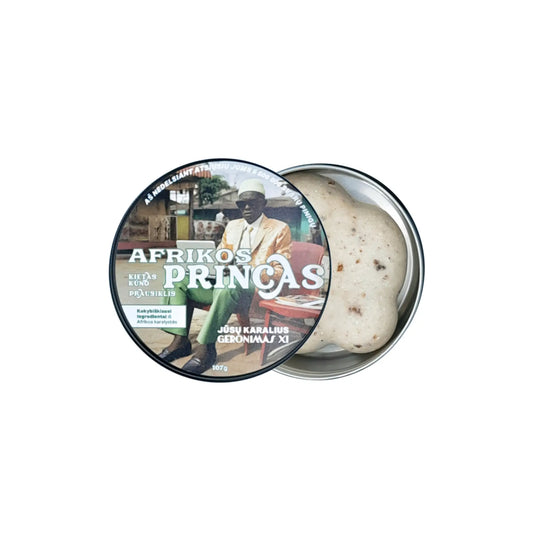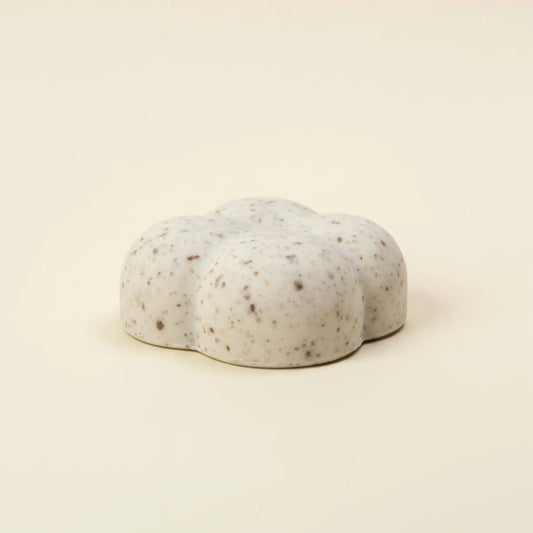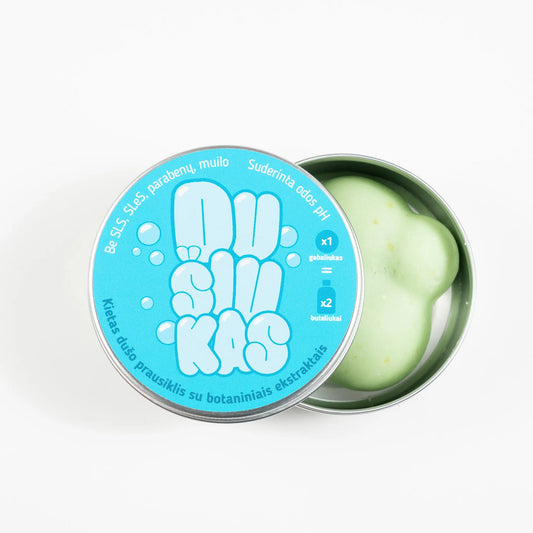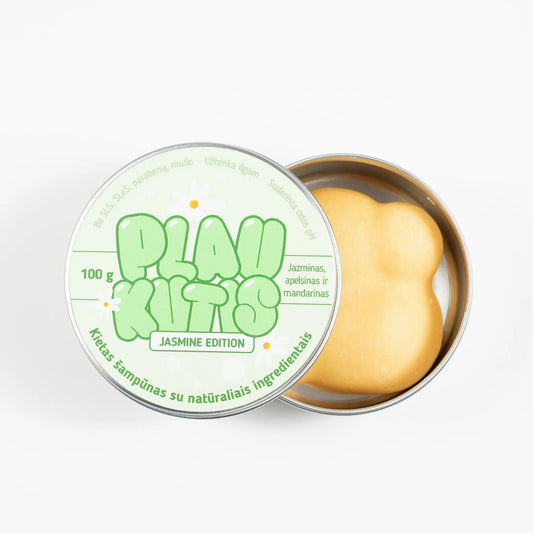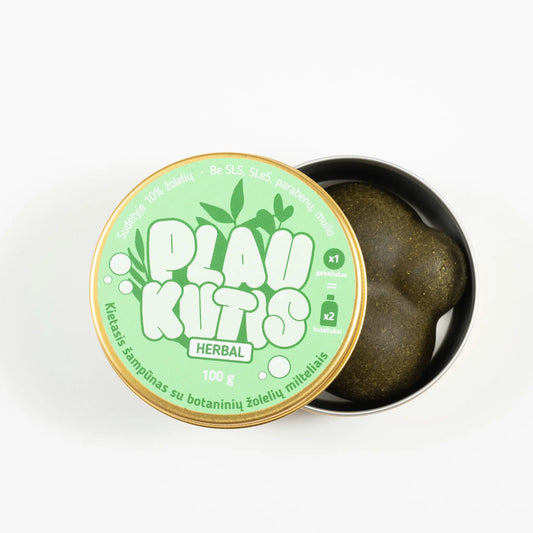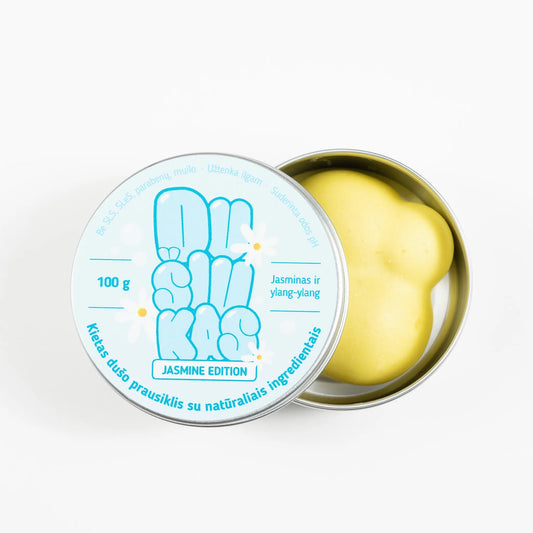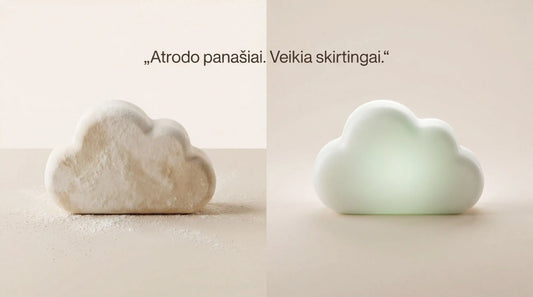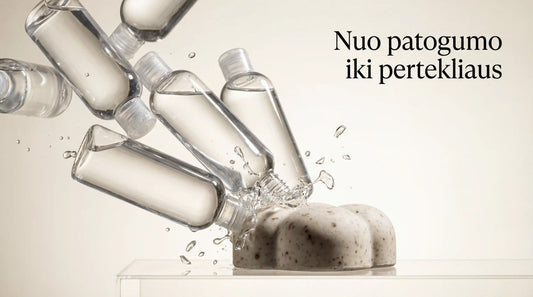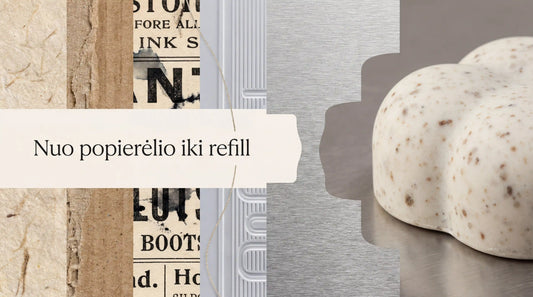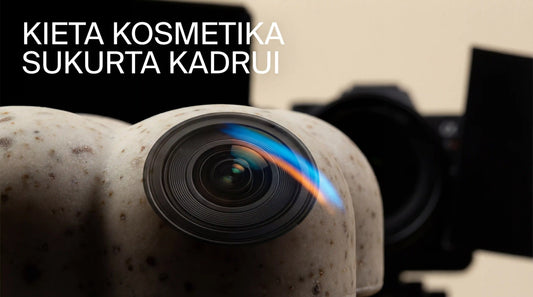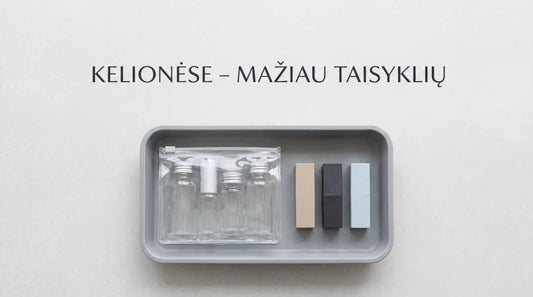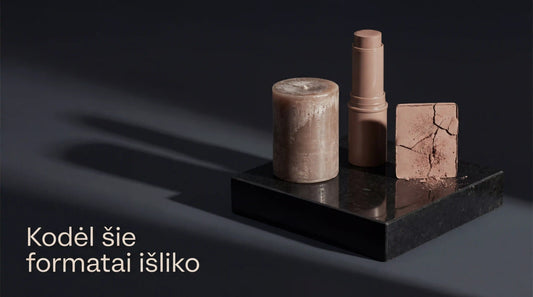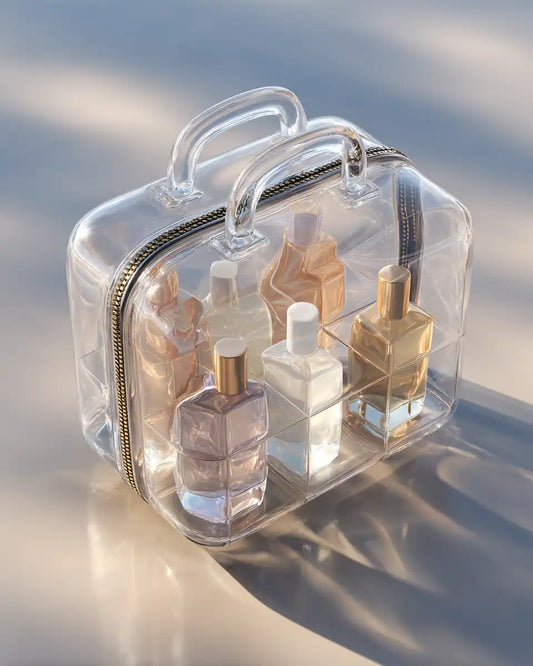Why isn't your hair as shiny or thick as you'd like? The reason may lie beyond the hair products you use. What you eat has a huge impact on the health of your hair. Nutrition affects the strength, length, and appearance of your hair.
Let's take a deeper look at how food choices affect hair health. You'll learn about hair structure, why nutrients are important, and how some popular myths can mislead you. After reading this article, you'll have all the tips you need to make your hair shine from within.

Hair Health Overview: Hair Anatomy and Growth
Hair is more complex than it may seem. Each hair is made up of three main parts:
- Cuticle: The outer layer. It looks like overlapping scales and protects the inner layers.
- Cortex: The middle part that contains pigment. Determines the color and texture of the hair.
- Medulla: The inner core. It is not present in all hair types.
Hair grows in cycles:
- Anagen phase: The growth phase. Lasts 2-7 years. The longer the phase, the longer the hair.
- Catagen phase: A short transitional phase lasting about 2 weeks.
- Telogen phase: A resting phase that lasts about 3 months. At the end of this phase, the hair falls out to make room for new hair.
Hair growth depends on many factors, including genetics, age, and of course, diet. Our bodies use nutrients from the food we eat to grow our hair. So a balanced diet is key to healthy, strong hair.

The influence of nutrition on hair growth, strength and shine
Your hair needs a variety of nutrients to grow and be strong. Here are the most important ones:
1. Protein: the main building block of hair
Hair is mainly made up of a protein called keratin, so a diet rich in protein is very important.
- Good sources: meat, fish, eggs, dairy products, nuts, beans, and tofu.
- Tip: Aim to consume at least 46 grams of protein per day. This may vary depending on activity level and age.
2. Vitamins and minerals: hair helpers
-
Biotin (Vitamin B7): promotes hair growth by helping to create keratin.
- Found in: eggs, nuts, seeds and leafy vegetables.
-
Iron: carries oxygen to hair follicles. Iron deficiency can cause hair thinning.
- Found in: red meat, spinach, lentils, and fortified cereals.
-
Vitamin D: Helps form new hair follicles.
- Found in: fatty fish, fortified milk, and sunlight.
-
Zinc: Supports tissue growth and regeneration, including hair.
- Found in: meat, seafood, nuts, and whole grains.
-
Omega-3 fatty acids: keep the scalp moist and promote hair shine.
- Found in: fish, flax seeds and chia seeds.
3. Hydration: The Underrated Hero
Drinking enough water helps keep your scalp healthy and your hair moisturized. A dry scalp can lead to hair breakage and dandruff.
- Tip: Drink at least 8 glasses of water a day. Additionally, eat foods that are high in water, such as cucumbers and watermelons.
Unexpected facts: debunking popular myths about nutrition and hair health
Let's dispel some popular myths about nutrition and hair health:
Myth 1: Gelatin promotes hair growth
- Truth: Although gelatin contains protein, it does not directly promote faster hair growth. Hair needs a balanced diet that includes a variety of proteins, vitamins, and minerals.
Myth 2: Caffeine stops hair growth
- Truth: Moderate caffeine consumption does not negatively affect hair growth. In fact, some studies show that caffeine can stimulate hair follicles, promoting growth.
Myth 3: Sugar consumption causes hair loss
- Truth: While too much sugar is not good for your overall health, there is no direct link between sugar consumption and hair loss. However, nutritional deficiencies due to too much sugar can affect hair health.
Myth 4: Hair supplements work better than food
- Truth: Supplements can fill in nutritional gaps, but they are not a substitute for natural, nutritious foods. The best way to get nutrients is through a balanced diet.
Myth 5: Carbohydrates are bad for hair
- The truth: Your hair needs energy to grow, and carbohydrates provide that energy. Choose whole grains, fruits, and vegetables for healthy carbs.
Practical tips: how to eat for healthy hair
Now that you know which nutrients are most important, here are some practical tips on how to eat for healthy hair:
- Start with breakfast: Include protein-rich foods like eggs or Greek yogurt. Add nuts or seeds for a dose of biotin.
- Snack smart: Keep nuts, seeds, or dried fruit on hand. They're a quick source of zinc and iron.
- Add leafy greens: Include spinach, kale, or broccoli in your meals. They are rich in vitamins A and C, which help release natural oils from your hair.
- Drink water: Set a daily water intake goal. Try carrying a reusable water bottle with you—it's an easy way to stay hydrated throughout the day.
- Vary your meals: Include a variety of foods in your diet. For example, eat fish on Monday, vegetable stew on Tuesday, and bean salad on Wednesday. Variety ensures that you get a variety of nutrients.

Frequently Asked Questions: Your Questions About Nutrition and Hair
We answer some of the most frequently asked questions about nutrition and hair health:
1. Does drinking coffee affect hair growth?
No, moderate coffee consumption does not harm hair growth. Some studies even show that caffeine can promote hair growth when applied topically.
2. When will I start to see changes in my hair after improving my diet?
Hair grows slowly, about 1 cm per month. You may notice changes in your hair health within 3-6 months of changing your diet.
3. Can diet reverse hair thinning?
A balanced diet can promote healthy hair growth and possibly reduce further thinning. However, it may not completely reverse existing hair loss if it is caused by genetics or other factors.
4. Is it better to take hair supplements?
Supplements can help if you are deficient in certain nutrients. However, it is best to get your nutrients from a balanced diet. Talk to your doctor before taking supplements.
5. Does a vegetarian diet affect hair health?
A vegetarian diet can help maintain healthy hair if it contains enough protein, iron, zinc, and vitamins. Plant-based foods like beans, nuts, seeds, and leafy greens are great.
Conclusion: Eat healthy for shiny hair
Your hair reflects what you eat. A diet rich in protein, vitamins, minerals, and water can give you the healthy, shiny hair you want. Avoid myths that steer you away from a balanced diet. Instead, focus on nourishing your body with natural foods.
So, the next time you look at your plate, remember that it's food not only for your body, but also for your hair! Do you have any tips or recipes that work wonders for your hair? Share them in the comments and help others on their journey to hair health.
